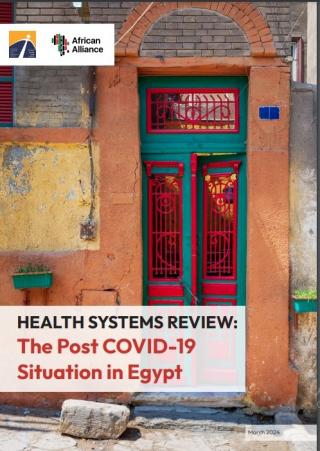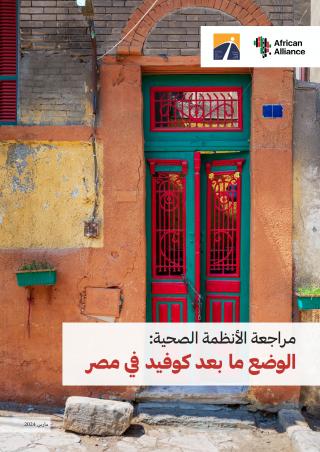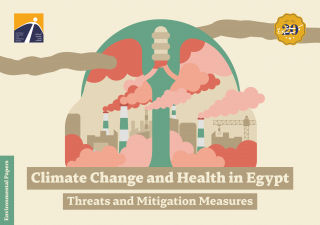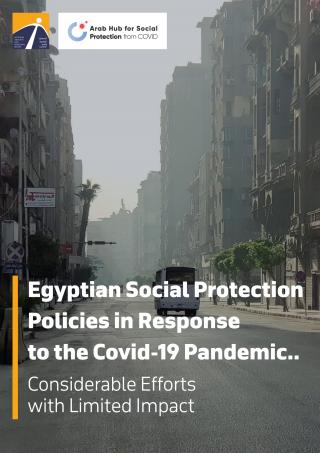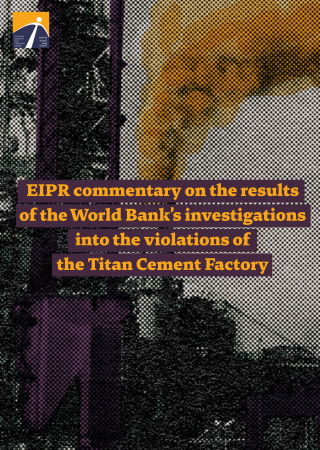The Alexandria Court of Appeal issued a ruling on 2 November 2023 ordering compensation to a resident of Wadi al-Qamar area for damage to her health caused by pollutants emitted from the Titan Cement plant, which is owned by the multinational T
Files: Right to Health
Today, the Egyptian Initiative for Personal Rights (EIPR) in partnership with the People's Vaccine Alliance Africa (PVA Africa), launched three new reports evaluating post-COVID health systems in Egypt, Morocco, and Tunisia.
The three analyses aim to acquire a better understanding of the effects of the pandemic on the respective healthcare systems and highlight the gaps that need to be filled to strengthen them.
Today, the Egyptian Initiative for Personal Rights (EIPR) in partnership with the People's Vaccine Alliance Africa (PVA Africa), launched three new reports evaluating post-COVID health systems in Egypt, Morocco, and Tunisia.
The three analyses aim to acquire a better understanding of the effects of the pandemic on the respective healthcare systems and highlight the gaps that need to be filled to strengthen them.
Today, EIPR released a research paper entitled "Climate Change and Health in Egypt--Threats and Mitigation Measures". The paper, which is issued within the "Environmental Papers" series, addresses the intersection between public health and environmental policies in Egypt, coinciding with Egypt's hosting of the twenty-seventh session of the Conference of the Parties to the United Nations Climate Agreement (COP27) next month in Sharm El-Sheikh.
This is the English edition of the EIPR research paper titled "Egyptian social protection policies in response to the COVID-19 pandemic... considerable efforts with limited impact", which was published in Arabic language last October.
The Egyptian Initiative for Personal Rights (EIPR) issued a comment on the report released lately by the Investigation office of the World Bank Group (CAO) on the complaint against the Alexandria Portland Cement Company (Titan Cement Factory), and the International Finance Corporation ( IFC) , the private sector arm of the world bank Group, which funded the establishment of the company.
The Egyptian Initiative for Personal Rights (EIPR) issued a comment on the report released lately by the Investigatio

